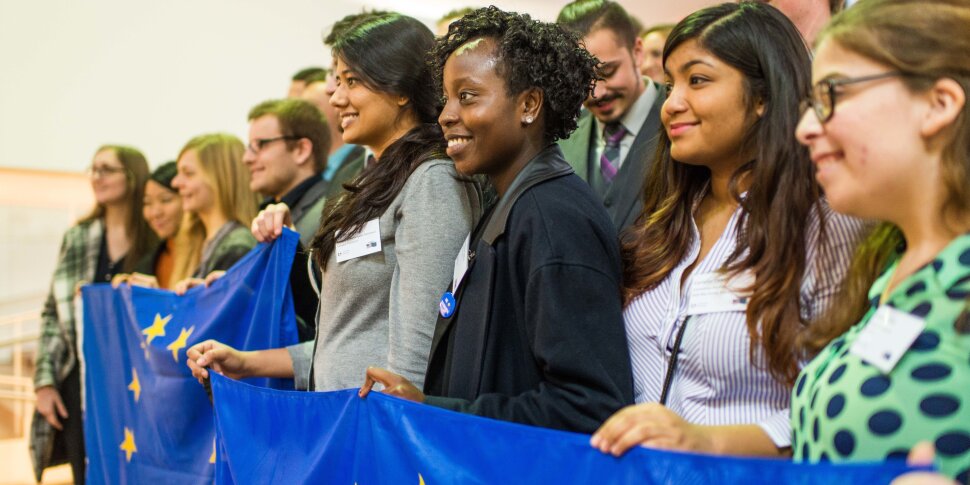Political Science
Master Political Science: Introduction

Your programme
Political decisions give direction to society. But how are political decisions made? The Master of Political Science provides you with specialist, in-depth knowledge of decision-making in politics. The Master's programme is taught in English. This way you will be prepared to access the political world in which English plays an increasingly important role. The programme is open to international students and carries a workload of 60 ECTS-credits.
You will study political decision-making within and between local, national, European and international administrations from four different perspectives:
- Citizens
- Politicians
- Policy professionals
- Institutions
To understand political decision-making you should be able to adopt these four (sometimes very different) perspectives. After all, elected politicians make binding decisions for society but the participation of citizens is the bedrock of legitimate decision-making.
The Master's programme does not exclusively aim at the acquisition of theoretical and analytical insight, you will also practice some of the core skills involved in political decision-making, such as argumentation, negotiation and lobbying.
Your lecturers
The MSc Political Science programme has a strong research-based focus and builds on the extensive experience of the UAntwerp Department of Political Science. The 2020 ShanghaiRanking's Global Ranking of Academic Subjects (GRAS) ranks UAntwerp highest among Belgian universities for Political Science and for Public Administration. The Department of Political Science ranks in the top ten of universities in EU member states. All courses critically engage with scholarly work. Several courses aim at developing research skills. We believe that a researchers’ mindset is of great value for all professional contexts for Masters in Political Science.
Your future
During the Master's programme, you will learn the science, craft and art of political decision-making and prepare for positions that require you to analyse aspects of policy making and to guide and influence decision-making.
- Monitor, analyse and act on key policy developments taking place in Europe as a public affairs manager
- Find yourself right in the epicentre of politics as an politician
- Identify threats and opportunities emerging from new policies as a researcher
- Use your strong understanding of the European/international institutional landscape as a diplomat or lobbyist
- Cut down a 30-page political article in an academic journal to 800 words in the newspaper as a (political) journalist
Isidora and Fred, students Master Political Science, about their experiences at our university

